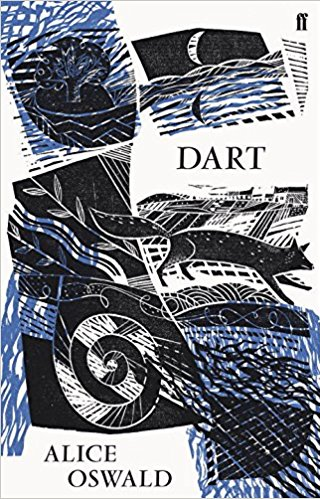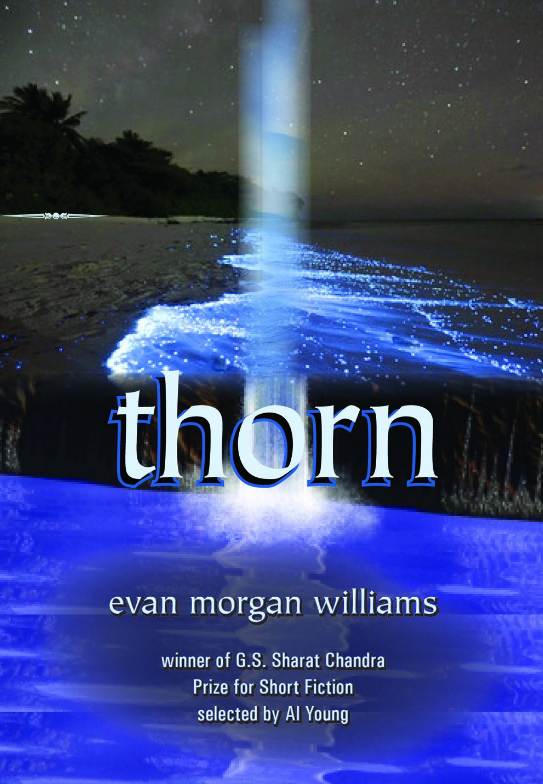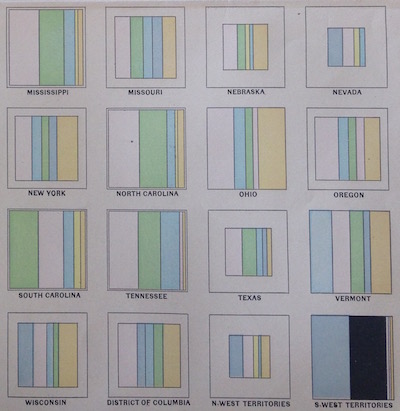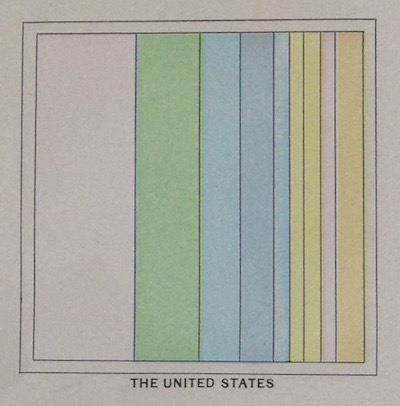Book by ALICE OSWALD
Reviewed by

It’s possible to call a river an organ of speech. It has a mouth, and a source, and down the length of its body the sounds it makes go through physical transformations, changing the tones of its voice.
British poet Alice Oswald begins her book-length poem Dart by asserting this comparison between the poet’s voice and the river’s. She asserts that the people living along the Dart who lend their speech to the book’s personas function as “life-models from which to sketch out a series of characters—linking their voices into a sound-map of the river, a songline from the source to the sea… These do not refer to real people or even fixed fictions. All voices should be read as the river’s mutterings.”
This note gives just a glimpse of the complex labor of translation behind this work—one that surpasses the conventional personification of natural forms. Oswald, who spent two years recording the conversations of people who live and work on the Dart, set out to transform the voice of the river into English through the way its familiars talk.








